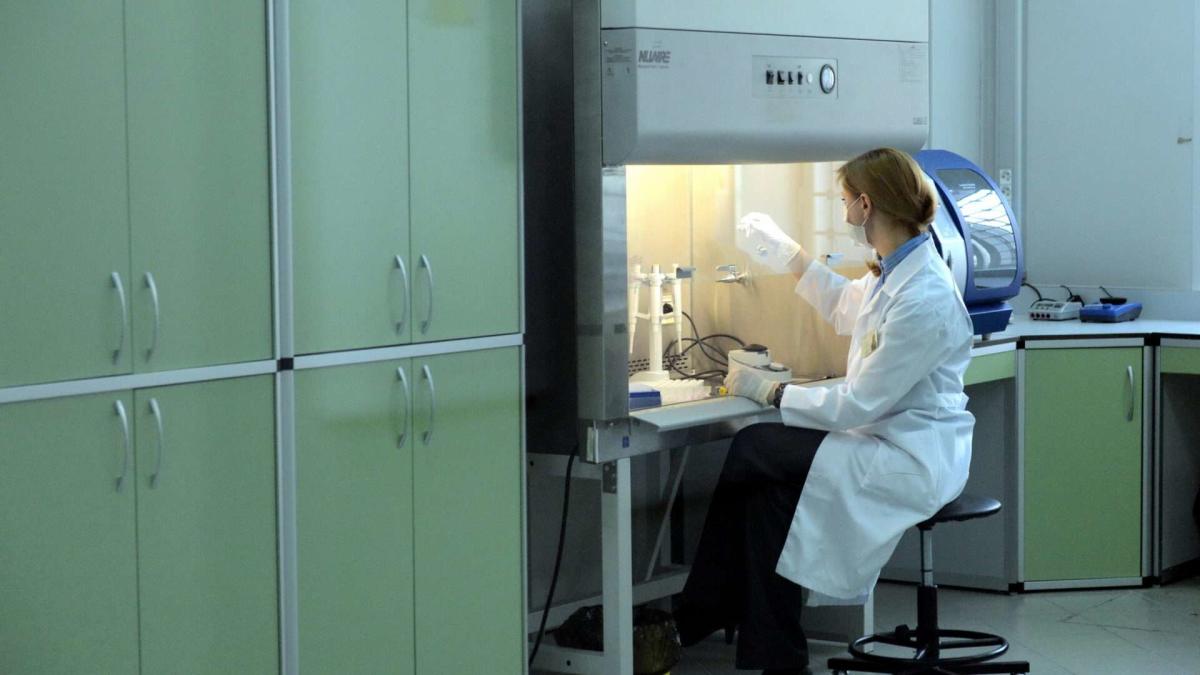In 2023, Yvonne “Missy” Woods, a former forensic scientist at the Colorado Bureau of Investigation (CBI), was found to have manipulated data in DNA testing or posted incomplete test results in hundreds of cases. The CBI stated that 652 cases were affected by Woods’ work between 2008 and 2023 when she was placed on administrative leave and then retired. Currently, the CBI is reviewing her cases from 1994 to 2008 to determine the extent of the impact of her actions.
The discovery of Woods’ misconduct highlights the importance of adhering to proper procedures and protocols in forensic science. Scientists are expected to conduct their work with integrity and accuracy to ensure the reliability of their findings. Any deviation from established protocols can undermine the credibility of forensic evidence and impact the outcome of cases.
It is essential for forensic scientists to uphold ethical standards and maintain the trust of the criminal justice system. Cases like Woods’ serve as a reminder of the potential consequences of scientific misconduct and the importance of thorough oversight in forensic investigations. The CBI’s investigation into Woods’ cases underscores the need for transparency and accountability in forensic science to uphold the integrity of the criminal justice system.
Forensic science has become increasingly important in recent years, with DNA testing playing an essential role in many criminal investigations. However, with great power comes great responsibility, and it is crucial that scientists adhere to established protocols and ethical standards to ensure that their work is reliable and trustworthy.
The CBI’s investigation into Woods’ cases has brought attention to this issue, highlighting that any deviation from established protocols can undermine the credibility of forensic evidence. It is essential for forensic scientists to understand that their work has far-reaching consequences, both for individual cases and for society as a whole.
In conclusion, Wood’s misconduct serves as a reminder that adherence to proper procedures and ethical standards is critical in forensic science. The CBI’s investigation into Woods’ cases underscores the need for transparency and accountability in forensic science to uphold the integrity of the criminal justice system. Forensic scientists must strive for accuracy, integrity, and transparency in their work while maintaining public trust in their field.



